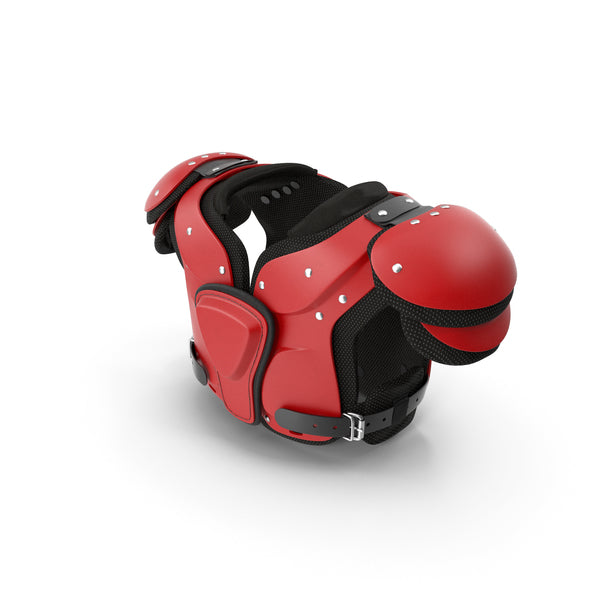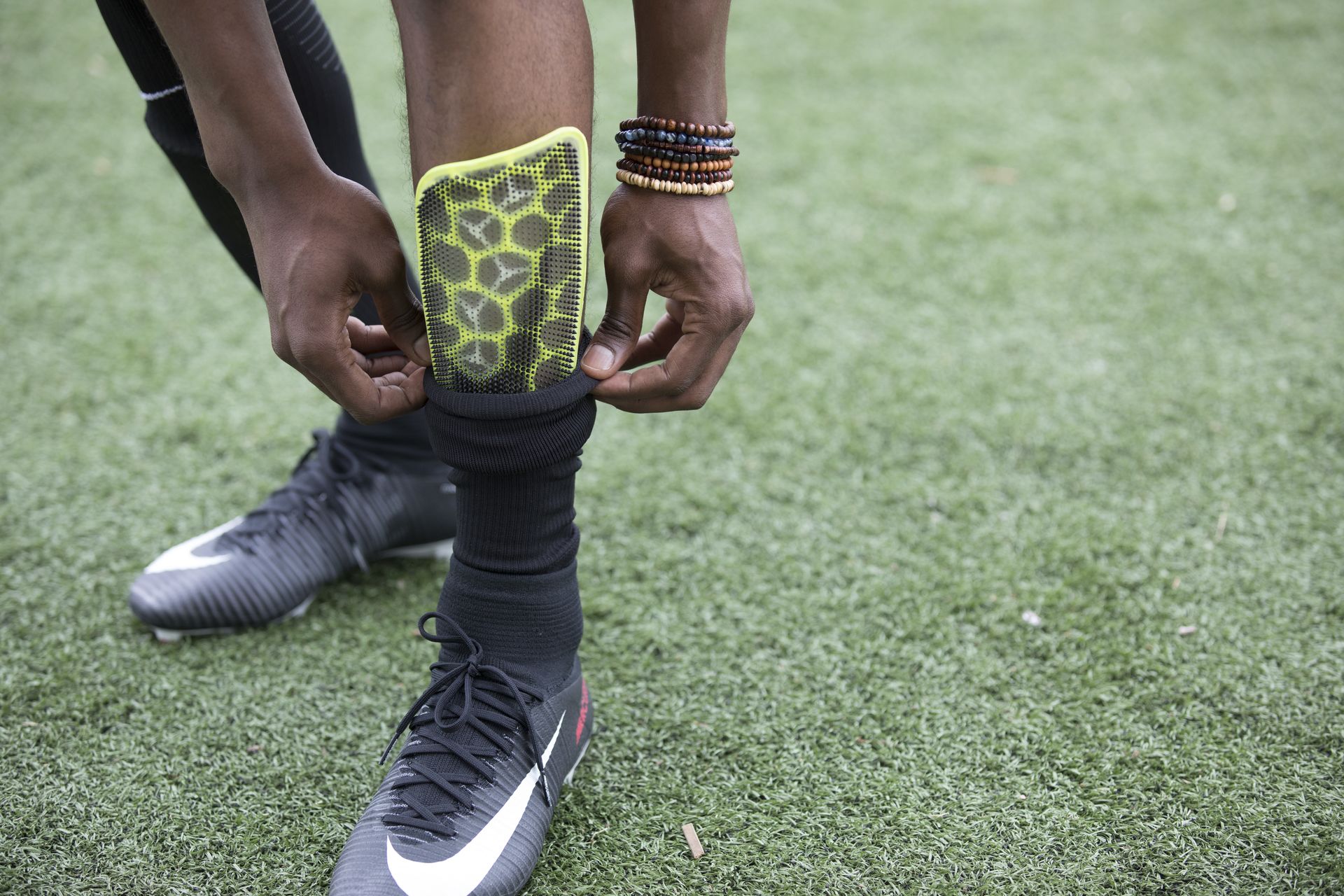
How to Remove Odors from Football Pads Using ClO2
Football pads are essential for player protection, but they can quickly become a breeding ground for bacteria and odors due to sweat and grime. Persistent smells in your gear can be off-putting and even embarrassing. Luckily, chlorine dioxide (ClO2) provides a powerful solution to this problem. Here, we'll discuss how ClO2 works and provide a step-by-step guide to using Battle to keep your football pads fresh and odor-free.
Understanding ClO2 and Its Benefits
Chlorine dioxide (ClO2) is a potent oxidizing agent known for its ability to neutralize a wide range of odors. Unlike traditional deodorizers that mask smells, ClO2 eliminates them at the source. It targets and breaks down odor-causing molecules, ensuring your football pads remain truly fresh. This makes it an excellent choice for tackling the tough smells associated with athletic gear.
Common Sources of Odor in Football Pads
Football pads accumulate odors primarily from:
• Sweat: Prolonged use leads to sweat soaking into the pads.
• Bacteria: Sweat and dirt create an environment where bacteria thrive.
• Lack of Ventilation: Stored pads without proper ventilation trap moisture, exacerbating odor problems.
Why ClO2 is Effective for Football Pads?
ClO2 is effective because:
• It penetrates deep into the materials of the pads, reaching the source of the odor.
• It odors at the source and neutralizes the molecules responsible for bad smells.
• It works on a molecular level, providing long-lasting freshness.
Step-by-Step Guide to Using Battle on Football Pads
1. Prepare Your Pads
• Remove Loose Dirt: Before applying ClO2, brush off any loose dirt and debris from your pads.
• Disassemble if Possible: If your pads have removable components, take them apart to ensure a thorough cleaning.
2. Apply ClO2 with Battle
• Spray the Pads: Use Battle's ClO2 spray to treat the entire surface of the pads. Make sure to get into all the nooks and crannies where odors can hide.
• Focus on Problem Areas: Pay extra attention to areas that come into direct contact with your skin and where sweat is most likely to accumulate.
3. Allow ClO2 to Work
• Let It Sit: Allow the ClO2 spray to sit on the pads for the recommended duration, usually about 10-15 minutes, to ensure it penetrates and neutralizes odors effectively.
4. Regular Maintenance
• Frequent Treatment: Use Battle regularly to keep your pads fresh. A weekly treatment can prevent odors from building up.
• Proper Storage: Store your pads in a dry, ventilated space to prevent moisture buildup and maintain freshness.
Additional Tips to Prevent Odors
• Wear Moisture-Wicking Clothing: Wearing moisture-wicking clothing under your pads can help reduce the amount of sweat that reaches the pads.
• Use Anti-Bacterial Soap: Wash your body and gear with anti-bacterial soap to minimize the presence of bacteria that cause odors.
• Rotate Gear: If possible, have more than one set of pads to allow each set time to air out between uses.
Removing odors from football pads doesn't have to be a daunting task. By incorporating ClO2-based products like Battle into your cleaning routine, you can effectively eliminate odors and keep your gear fresh. Follow these steps and tips to ensure your football pads stay clean and odor-free, allowing you to focus on your performance on the football field.


